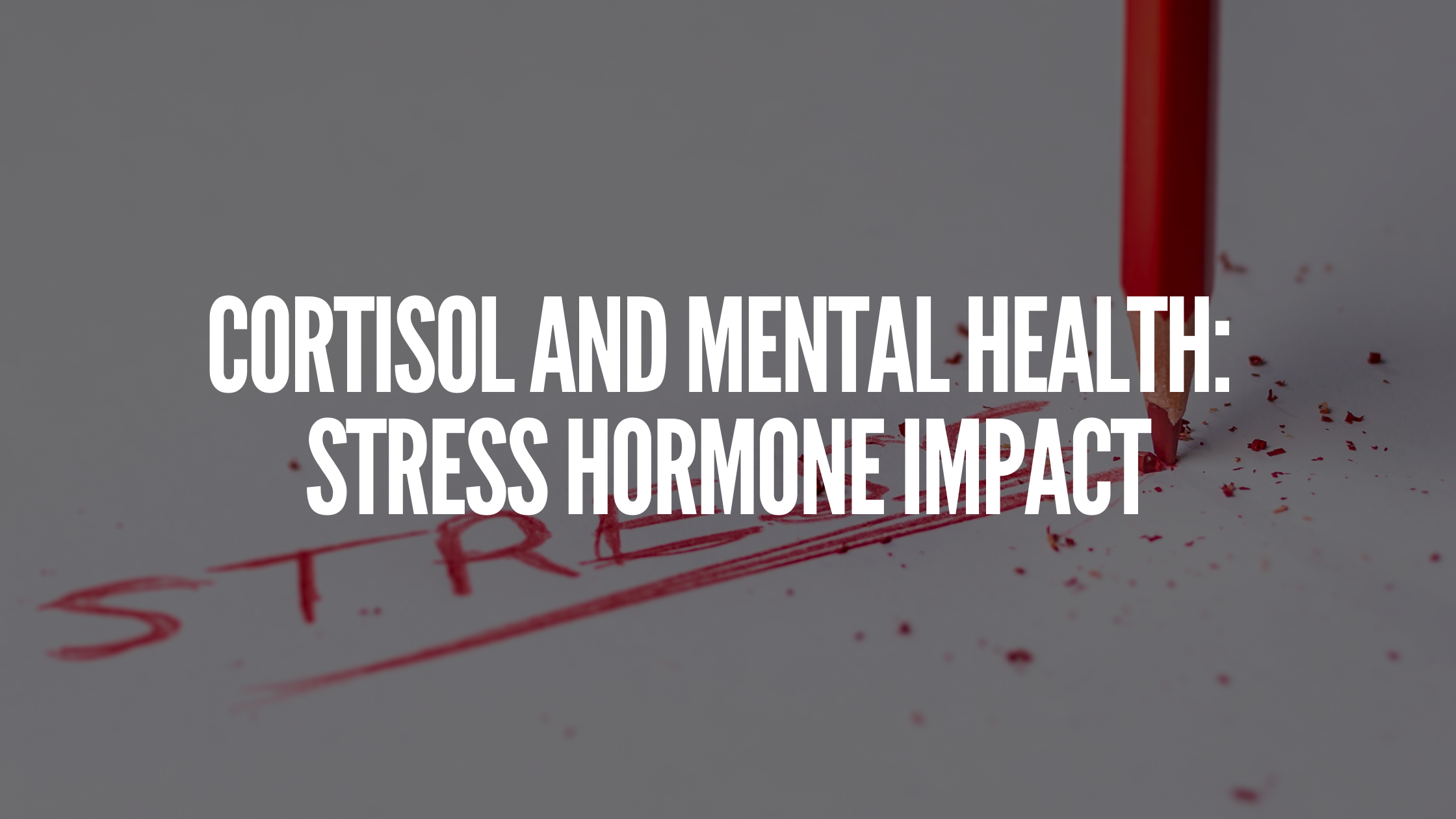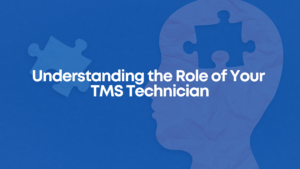Cortisol and mental health: Cortisol is a hormone that is produced by the adrenal gland. It is sometimes called the “stress hormone” because it is involved in the body’s response to stress. Cortisol can have both positive and negative effects on mental health. This article will explore the role of cortisol in mental health and discuss how transcranial magnetic stimulation (TMS) may be able to help with cortisol-related mental health conditions.
Cortisol plays an important role in regulating various functions in the body, including stress response, metabolism, immune function, and mood. When the body experiences stress or other environmental cues that trigger the ‘fight or flight’ response, cortisol levels increase. This helps the body to prepare for a potential threat by increasing heart rate, blood pressure, and blood sugar levels. Cortisol also suppresses the immune system and can have a negative impact on mood.
While cortisol is important for survival in times of stress, chronic or excessive cortisol exposure can lead to serious health problems. Cortisol has been linked to memory impairment, weight gain, diabetes, hypertension and mood disorders. Conditions that are associated with excessive cortisol levels include depression and anxiety.
Memory problems caused by cortisol can include difficulty concentrating, forgetfulness, and impaired working memory. Weight gain is a common side effect of chronic stress and can be exacerbated by cortisol. The hormone also increases blood sugar levels, which can lead to diabetes. In addition, cortisol can raise blood pressure and contribute to mood disorders such as anxiety and depression.
Fortunately, there are treatments available for conditions related to cortisol imbalance. At PsyFi TMS, we administer Transcranial magnetic stimulation (TMS), which is a non-invasive treatment that has been proven effective in treating depression and anxiety. TMS stimulates certain areas of the brain that are involved in mood regulation, helping to restore normal function and improve overall well-being.
If you would like to learn more about TMS and cortisol and mental health, and cortisol imbalances, visit us online today at www.psyfitms.com or get in touch at info@psyfitms.com.




